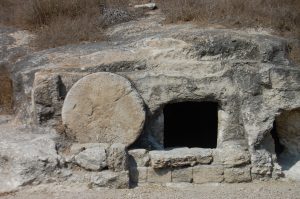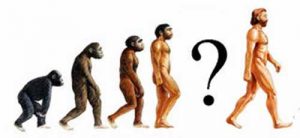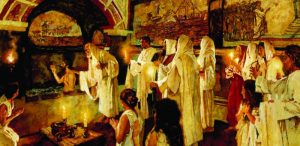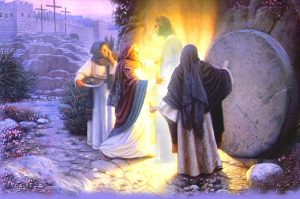Notes on the Origin of the New Testament Canon
The New Testament canon was established early, by Holy Spirit
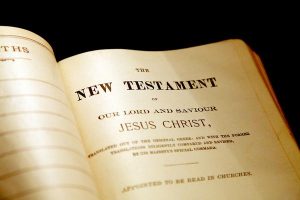
The New Testament canon was established in the first century by Holy Spirit. Let’s examine some notes on the scriptures which confirm this fact:
2 Peter 1:16-21 – Peter affirms Old Testament prophets wrote God’s word. He puts himself and other apostles in the same category.
2 Peter 3:15-16 – Paul’s letters were on the same level as all the “rest of the scriptures.” That is, inspired of God. Early Greek manuscripts show Paul writing 14 letters.
2 Timothy 3:16-17 – The rest of the scriptures (the Old Testament) are inspired of God. We can broaden this now, and apply the principle to all 66 canonical books as shown below:

 In the past, much effort has been made to identify “The Antichrist” as being one prominent individual, such as Pompey, Nero, Mohammed, or the Papacy. Today, many preachers and denominations say there is going to appear on the world scene in the future, just before the end, a very charismatic world leader and deceiver that the Bible calls ‘THE ANTICHRIST.” Such Biblical prognosticators even use scriptures from Daniel about the “little horn,” and Revelation about “a beast coming up out of the sea,” to “prove” their point. They have developed quite an elaborate story about what “The Antichrist” is “predicted” to do in the future.
In the past, much effort has been made to identify “The Antichrist” as being one prominent individual, such as Pompey, Nero, Mohammed, or the Papacy. Today, many preachers and denominations say there is going to appear on the world scene in the future, just before the end, a very charismatic world leader and deceiver that the Bible calls ‘THE ANTICHRIST.” Such Biblical prognosticators even use scriptures from Daniel about the “little horn,” and Revelation about “a beast coming up out of the sea,” to “prove” their point. They have developed quite an elaborate story about what “The Antichrist” is “predicted” to do in the future.